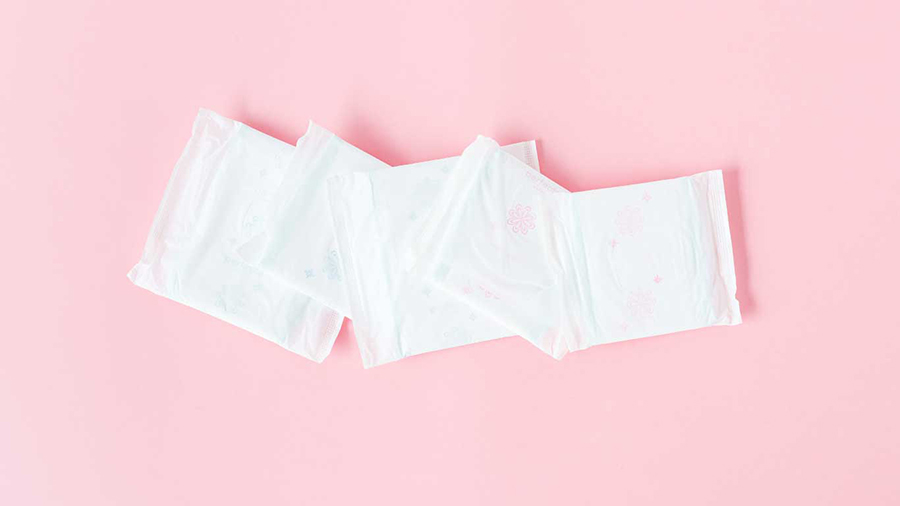Bathrooms Must Include Feminine Hygiene Products

Did you know that your local municipal-owned and operated bathroom must now carry feminine hygiene products? Anywhere that is operated by the city must now offer free products to whoever can benefit from them.
The local police station and city hall are two examples of places you can obtain free products. This is not only exciting to those who use these products but to everyone. If you don’t personally use menstruation products, you probably love someone who does. You might even share finances with someone or support someone who uses them on a regular basis.
Relieving the burden
People who menstruate spend over $6,000 on average on hygiene products. Those living paycheck to paycheck can barely afford necessities, and hygiene products are just an added burden to those in need.
A recent Missouri-based survey shows that nearly two-thirds of impoverished women cannot afford menstrual products. The fact that menstrual products have become more expensive over the last few years doesn’t help, either. The price increase since 2018 has reached over 30 percent. This is a problem across the board for people who menstruate.
Those who have a period understand the frustration. As much as one attempts to prepare, they can still be unexpected and add stress to a person who is already dealing with the hormones and emotions that menstruation brings.
When they come unexpectedly, it can complicate anyone’s day. Many women have had to become creative with several layers of toilet paper, and even then, that’s a less than ideal situation. By providing the necessary tampons and sanitary pads in various public restrooms, the city is relieving some of that stress off people who need those products.
Saving the environment
This is also an eco-friendly decision. One estimate quotes that around $2,200 is spent just replacing stained underwear alone in a woman’s lifetime. That statistic is estimated based on the less expensive prices, but that goes up when you factor in people wanting higher quality or fancy undergarments.
Nearly a fifth of industry-based pollution comes from the clothing industry. These stains could be prevented with more accessible menstruation products. This, in turn, prevents garments from being thrown out due to damage when they could have been worn for a longer time.
The reasons for this decision are endless yet significant. This is a game-changing move not only in Ohio, but it is setting an initiative for the entire nation. While we may not have taken it to the level of Ann Arbor, where any restroom accommodating the public must provide free products, this is still a huge move in the world of feminism. By making life easier financially, economically and ethically for around 50 percent of the population, we are supporting the way of the future.

